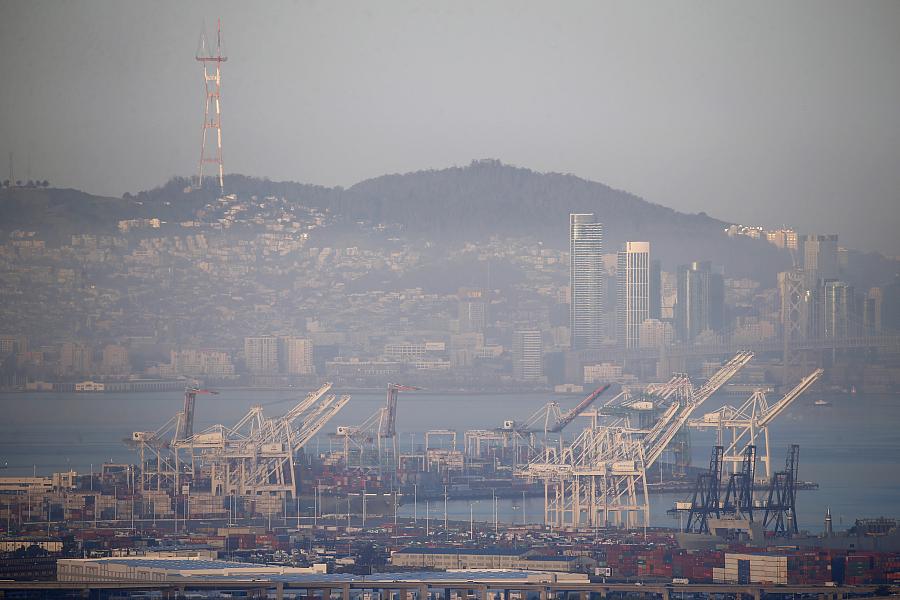Are facilities near you polluting the air? A new database could help

In California, 35 local air districts are tasked with controlling air pollution from so-called “stationary sources.” These facilities include oil refineries, power plants, manufacturers and gas stations.
They contribute substantially to the emissions of certain pollutants, such as fine particulate matter that can lodge deep inside lung tissue and cause serious and long-term health problems.
To ensure that facilities aren’t violating local, state and federal air pollution laws, district inspectors monitor air quality, routinely investigate complaints from the community and check out equipment. If facilities are found in violation of the rules, districts can take action, including issuing notices of violation and levying fines.
Districts track these actions through internal databases, in some cases cataloging the compliance histories of various facilities. They log complaints, inspections, notices of violation and what was done to resolve any problems. But currently there is no centralized place for the public to easily access this information.
Through the Center for Health Journalism 2019 Data Fellowship, The San Francisco Chronicle plans to build such a database by gathering and reporting on data that the air districts keep on their enforcement activities. The public will then be able to use this database to view the compliance history of facilities near them and across the state.

